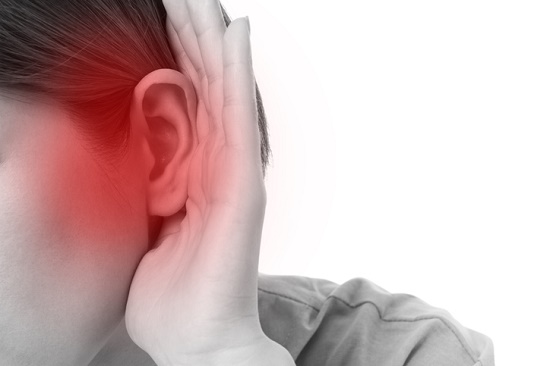
Hearing loss is strictly a problem for older people, right?
Not quite. While it’s true that your chances of acquiring hearing loss increase with age, you can, in fact, develop hearing loss at any age.
According to the NIDCD, 26 million Americans age 20 to 69 have high-frequency hearing loss from exposure to loud noise at work and during leisure activities. And that includes 1 in 14 generation Xers, age 29-40, who already have hearing loss.
Seeing as hearing loss can strike at any age, it’s critical to understand the signs as they’re often discreet and hard to notice.
The following are eight silent signs of hearing loss that should prompt you to get a hearing test.
1. Ringing or buzzing in the ears
Have you ever returned home from a piercing live concert and noticed a ringing or buzzing in your ears?
If that’s the case, that means you’ve harmed the nerve cells of hearing in your inner ear. If it’s only come about a couple of times, the harm is most likely transient and mild. But continued exposure or one-time exposure to very loud sounds could generate irreparable damage and hearing loss.
If you continue to hear ringing in your ears, you should set up a hearing test as this is one of the first signs of hearing damage. And if skipping upcoming concerts is not a possibility for you, your hearing professional can help you avoid additional injury with custom-made earplugs.
2. Balance problems
Your hearing and balance are intricately connected. In fact, a major element of your ability to stay balanced is the result of sophisticated structures within the inner ear.
If you detect that you’ve been more clumsy as of late, the problem may actually be with your ears. In fact, a study by Johns Hopkins University determined that those with hearing loss were three times more likely to have a history of falling.
3. Memory problems
Your short-term or working memory is quite limited, able to process only a few items for a short amount of time. That indicates you don’t have time to get caught up on missed words during fast moving discussions.
With hearing loss, speech comprehension suffers as you can entirely miss or misconstrue the speaker’s words or statement. This manifests at a later time when you can’t recall important information.
4. Painful sounds
When you lose your hearing, you may become exceedingly sensitive to particular sounds, to the point where they become painful.
The technical term for this is hyperacusis, and you’ll want to speak with a hearing professional if the issue persists or becomes intolerable.
5. Listening exhaustion
Imagine spending the day attempting to determine meaning from half-heard words and phrases and responding to questions you didn’t entirely hear. That amount of attention can wear you out quickly.
If you notice you’re exceedingly fatigued at the end of the day, hearing loss may be to blame.
6. Trouble hearing in groups
Early stage hearing loss usually doesn’t present itself during one-on-one conversations or in quiet settings. Most often, hearing loss only becomes an issue in the presence of background noise or in group settings.
7. Not hearing calls or alarms
Hearing loss is most of the time hard to notice or detect as it grows progressively each year. In many cases, friends and family members will take note of the hearing loss prior to the person suffering from it does.
But there are some warning signs you can look out for, such as the inability to hear alarms or calls, the doorbell, or the TV at normal volume.
8. Trouble hearing movie dialogue
With hearing loss, you may have particular trouble hearing the dialogue in shows and movies. That’s because most cases of hearing loss impact high-frequency sounds to the largest degree, and speech is a high-frequency sound.
It’s never too early to attend to your hearing health. If you encounter any of these symptoms, schedule a consultation with your local hearing care professional.

